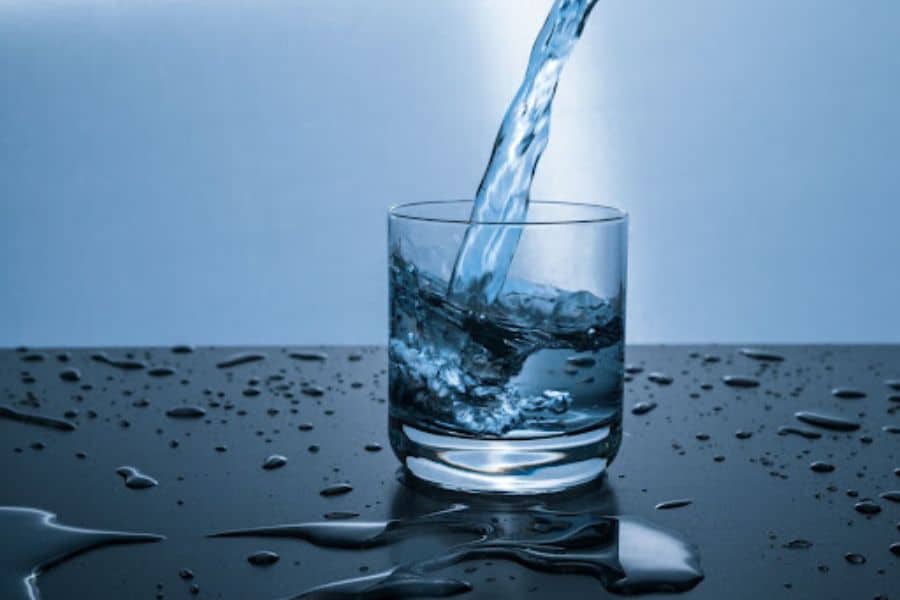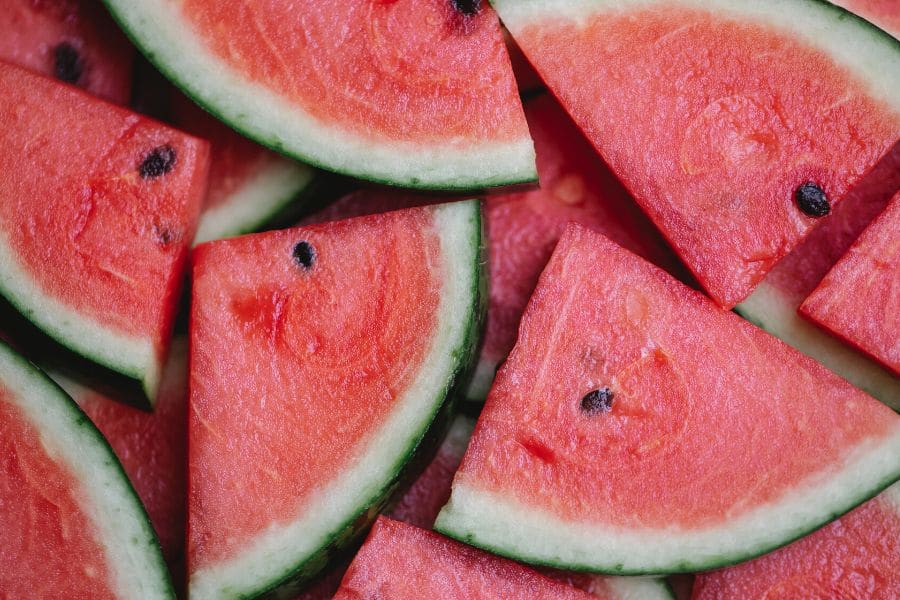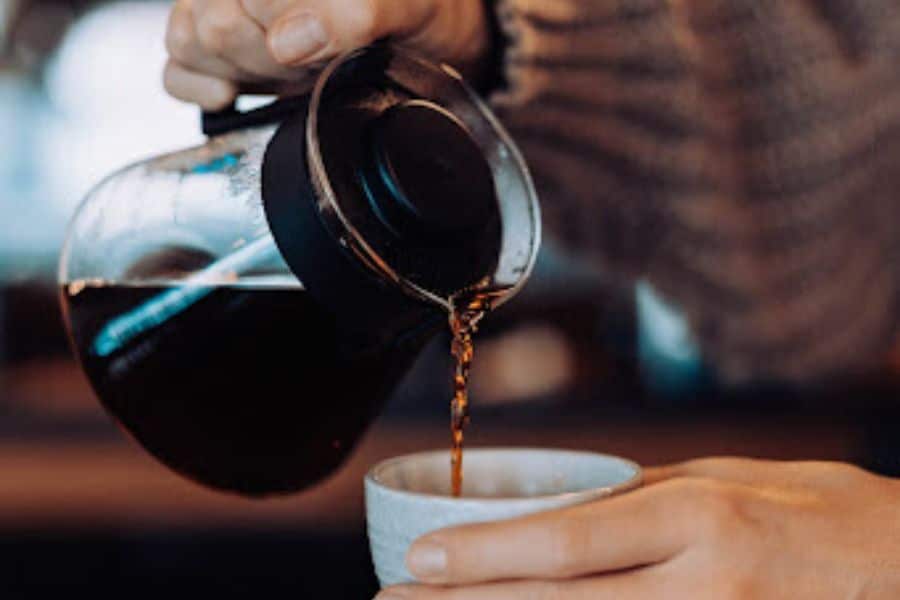Is Coffee Dehydrating?
Most people have heard that coffee shouldn’t be included in your daily intake of fluids because it can cause dehydration. So, does coffee dehydrate you?
For someone who loves the caffeine hit and the routines associated with coffee, this idea is problematic, to say the least. To someone who only drinks one cup each morning, it might not seem like a big deal. Just drink an extra cup of water at some point during the day, right?
If multiple coffee servings are part of your day, you may be concerned you’re losing fluids with every cup. But is it a valid concern? We’ve done some research into whether java causes dehydration and if it’s a myth or reality. We’ve also looked at how those ideas came about.
Some of the topics we’ll cover include:
- Why water matters
- How much water should you be drinking daily?
- What is dehydration?
- Drinks that count toward your fluid intake.
- Coffee as a diuretic
- Will drinking coffee lead to dehydration?
Why Water Is Important
Water is necessary for the human body to function properly. According to the Mayo Clinic, our bodies are 50 to 70% water, and water is mandatory for survival. In an extreme situation, for example, your body will need hydration long before it will need food.
Every part of the body needs water and fluids to function as intended. These are just some reasons why we need water:
- Water helps eliminate waste from the body through sweating, urination, and bowel movements.
- Water helps your body maintain a stable temperature.
- Water is a lubricant for joints, plus it helps cushion them during use.
- Water also protects your body’s most sensitive tissues like your brain and spinal cord.

How Much Should You Drink Daily?
As you can tell, it’s vitally important to maintain proper hydration levels for your best health. So how much water is recommended for each day? The Mayo Clinic says the magic number should be about 15.5 cups per day for men and 11.5 cups for women.
About 20% of your daily fluid intake actually comes from food (fruits and vegetables), while the other 80% comes from beverages. Now, that recommended daily fluid intake isn’t a hard and fast rule. For a number of reasons, you might need more than the recommended amount.
- If you’re exercising, you need to replenish fluids lost through sweating.
- When it’s hot or humid, you should also drink more fluids. This is also true for high altitudes, even if it doesn’t seem hot.
- Fluids are particularly important when you’re sick. Fluids are lost more rapidly when you have a fever or stomach bug. There are also some medical conditions that require you to consume more than the recommended amount of fluids.
- If you are pregnant or breastfeeding, your body needs more fluids to stay properly hydrated.
As previously mentioned, you actually need a lot of fluids throughout the day, but there is some variation in the recommended amounts. For example, the 8 by 8 rule is commonly mentioned by health professionals. “Eight eight-ounce glasses of water” is catchy and easy to remember.
Dehydration: Definition and Symptoms
Dehydration happens when the human body loses more fluids than it takes in. However, there are different degrees of dehydration, and symptoms increase as dehydration worsens.
Very mild dehydration can result from simply not drinking enough fluids, and those symptoms include being thirsty, a lack of energy, or feeling tired. People may be mildly dehydrated but not even realize it. However, more serious dehydration can result from hot weather, illness, or overexertion. Symptoms of severe dehydration include:
- Dry mouth or feeling thirsty
- Dark yellow urine and less frequent urination
- Headache or muscle cramps
- Rapid pulse and breathing
The most obvious answer for easing the symptoms of dehydration is to drink more fluids. However, severe dehydration cases require prompt medical care.
What Counts for Fluid Intake?
Are we only talking about water when it comes to staying hydrated? Absolutely not — almost anything that contains liquid counts toward your daily fluid intake. That includes certain fruits and vegetables with high water content, such as watermelon.

Water is the most obvious liquid that counts towards your fluid intake requirements. but drinks like milk, juice, and herbal tea also count as hydrating liquids. Broth from soup is another less-obvious source of fluids.
Also, you can include caffeinated drinks like tea, soda, and yes, coffee! Java counts toward your daily fluid intake, but avoid adding sugar, and avoid sodas or teas which have added sugar. Those are just empty calories that can cause weight gain.
Is Coffee a Diuretic?
A diuretic is something that causes the body to produce more urine. Caffeine present in most coffee acts as a very mild diuretic, which is why some people complain that their favorite cup of joe makes them need a bathroom more often.
And yes, diuretics can lead to dehydration in some circumstances. However, the amount of caffeine in most java isn’t significant enough to cause dehydration, and the water content in coffee is more than enough that it balances out any diuretic effects from caffeine.
In order for caffeinated coffee to cause dehydration, it would take a lot. Studies have shown that you’d have to consume more than 500 mg of caffeine daily, which is approximately 40 ounces of java. Most people don’t drink enough coffee to reach that point.
However, caffeine concentration does matter. For example, an espresso shot has a higher caffeine concentration than a mug of drip coffee. So drinking multiple espresso shots daily will cause more noticeable effects than multiple cups of drip coffee.
What makes coffee dehydrating is more about caffeine concentration than the quantity of coffee.
Of course, if you’re drinking decaf, you needn’t worry about the diuretic effects of caffeine. While decaf does still contain very small amounts of caffeine, it’s typically not enough to act as a diuretic.
Will Drinking Coffee Dehydrate You?
So we’re down to that big question — will drinking coffee cause dehydration?
Unless you drink it by the gallon, no, it won’t cause dehydration. While caffeinated coffee may have a very mild diuretic effect, the amount of water in a cup of java means your body is taking in far more fluid than you’re losing.
Can drinking only coffee dehydrate you? While it’s generally not advised to ignore all other beverages and drink only coffee, there’s no judging here. Theoretically, yes, if you only drink caffeinated coffee and nothing else, it could cause dehydration. But really, it’s more likely that you’ll suffer the ill effects of too much caffeine rather than dehydration.
Water is always a better choice for hydration, but there’s no harm in enjoying your favorite hot or cold java. Coffee may be dehydrating when combined with other factors which can cause dehydration, such as excessive heat or illness.

In Conclusion
As a general rule, you don’t have to alter any coffee habits or drink extra water so you counteract the effects of caffeine. The reality is that while caffeine is a mild diuretic that can cause a body to produce more urine, its effect isn’t strong enough to be dehydrating in and of itself.
Coffee made with water or milk counts toward your daily fluid intake as its water content far outweighs any diuretic effects from caffeinated java. And if you’re drinking decaf, there’s even less to be concerned about.
So while water is still the best choice for keeping your body hydrated, you can continue enjoying your morning beverage and count that in as another healthy choice in moderation.
Is Coffee Dehydrating? FAQs
Does Coffee Count as Water Intake?
It sure does! While some people mistakenly believe coffee can be dehydrating, its high water content does more than its fair share to balance out any of the slight dehydrating effects that could result from caffeine.
Is It Okay to Never Drink Water?
No, your body needs water and water is always the best choice for hydration. Sure, coffee might be more tempting than a glass of the clear stuff, but try to get enough water in so you can keep enjoying the joe with impunity.
What Is the Best Drink to Hydrate You?
Water. Water. Water. However, lots of things count toward your daily recommended fluid intake, including coffee, soda, tea, and electrolyte beverages, along with most fruits and vegetables.
How Can You Tell if the Body is Well-Hydrated?
There are actually several clues that you’re getting plenty of fluids, but the easiest one is the color of your urine. When it’s light-colored or clear, you’re getting enough fluids. If it’s dark or thick, it’s time to up your fluid intake.
Is Coffee Bad for Your Kidneys?
The jury is still out on a definitive answer. In large amounts, caffeine may place some additional stress on the kidneys, but other studies have shown that coffee can be beneficial to people with kidney stone disease. Coffee is as hydrating as other liquids, so that aspect can be beneficial for your kidneys.
Why Does Caffeine Dehydrate You?
Is caffeine dehydrating? Caffeine is a mild diuretic, which means it makes your body produce more urine. If you don’t have adequate fluid intake, that could eventually lead to mild dehydration, but coffee has enough water in it to balance out any fluid loss.





